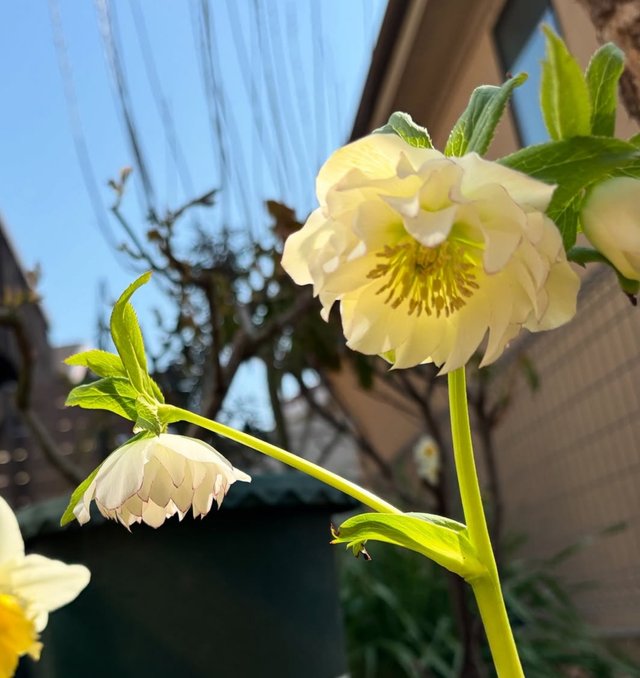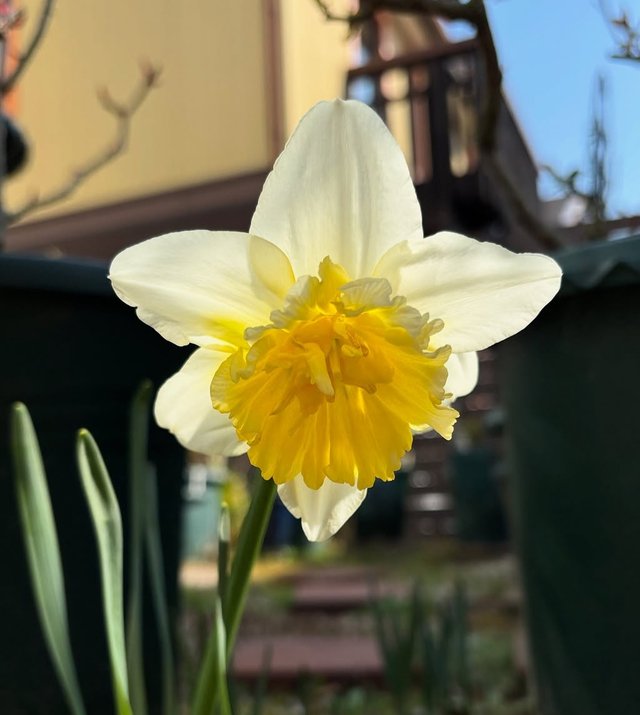Narcissus So Amazing Flower
Narcissus: The Myth, the Meaning, and the Mirror of the Self
The story of Narcissus is one of the most enduring tales from ancient mythology—timeless, haunting, and deeply symbolic. Originating in Greek mythology and later adapted by Roman writers like Ovid, the tale of Narcissus transcends its ancient roots to speak to universal themes of vanity, identity, love, and self-awareness. It’s a myth not just about beauty, but about the dangers of being consumed by one’s own reflection—both literally and metaphorically.
The Myth
Narcissus was a strikingly handsome young man, the son of the river god Cephissus and the nymph Liriope. From the moment of his birth, it was foretold by the blind prophet Tiresias that he would live a long life—if he never knew himself.
As Narcissus grew, his beauty became legendary. People from near and far admired him, but his heart remained cold. He rejected all romantic advances, including those of the mountain nymph Echo, who was cursed to only repeat the words of others. After being spurned, Echo faded away, leaving behind only her voice.
One day, Narcissus came upon a still pool of water. When he leaned in to drink, he saw his reflection—and fell hopelessly in love with the image in the water, not realizing it was his own. He became obsessed, unable to look away. Trapped in this illusion, he eventually wasted away, dying beside the pool. In some versions, the gods took pity and transformed him into a flower: the narcissus, which still grows near water, bowing its head.
Symbolism and Themes
At its core, the myth of Narcissus is a cautionary tale. It speaks to the dangers of self-obsession, of loving an idealized version of oneself rather than engaging authentically with the world. But it’s also a layered allegory with psychological, philosophical, and even ecological dimensions.




%20(8).jpeg)